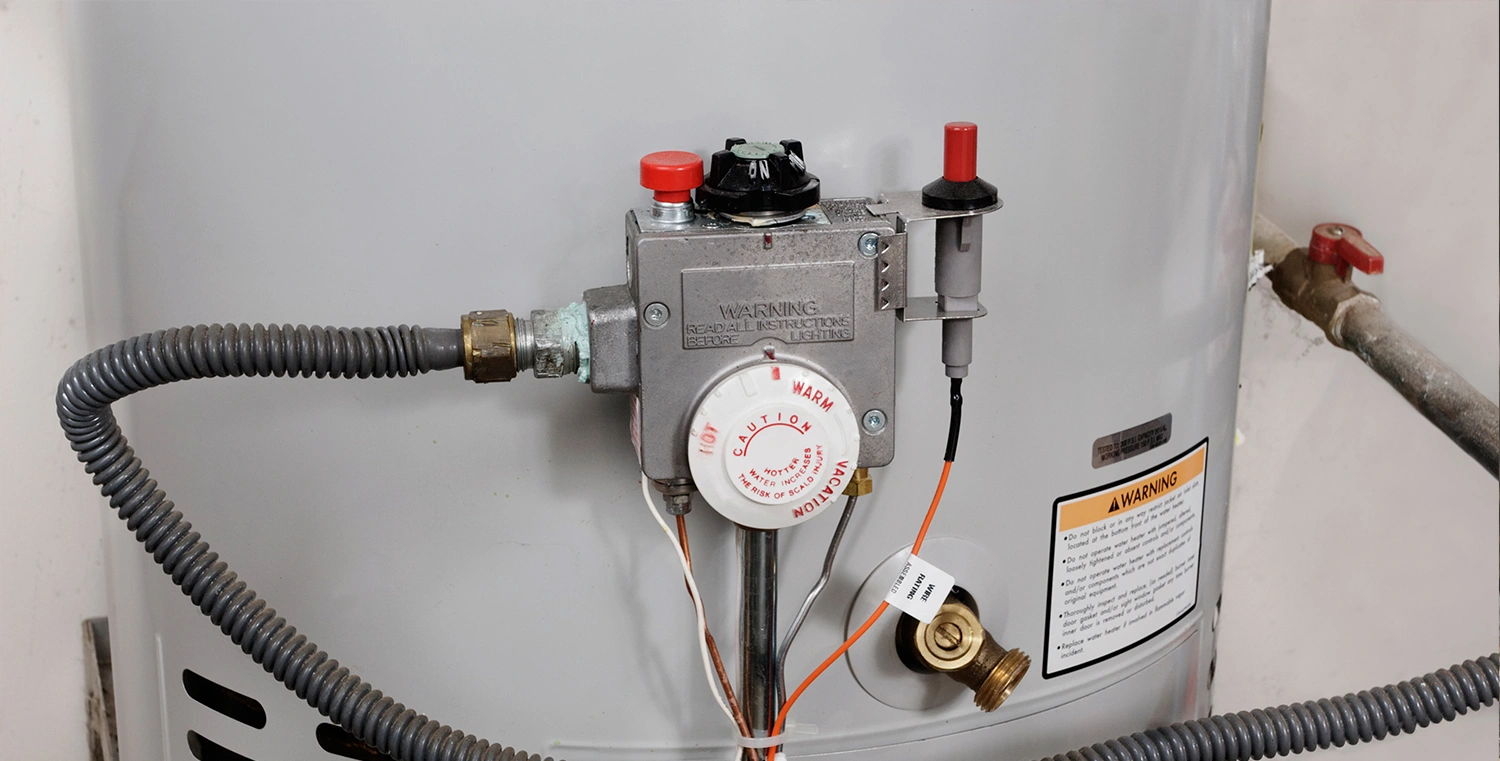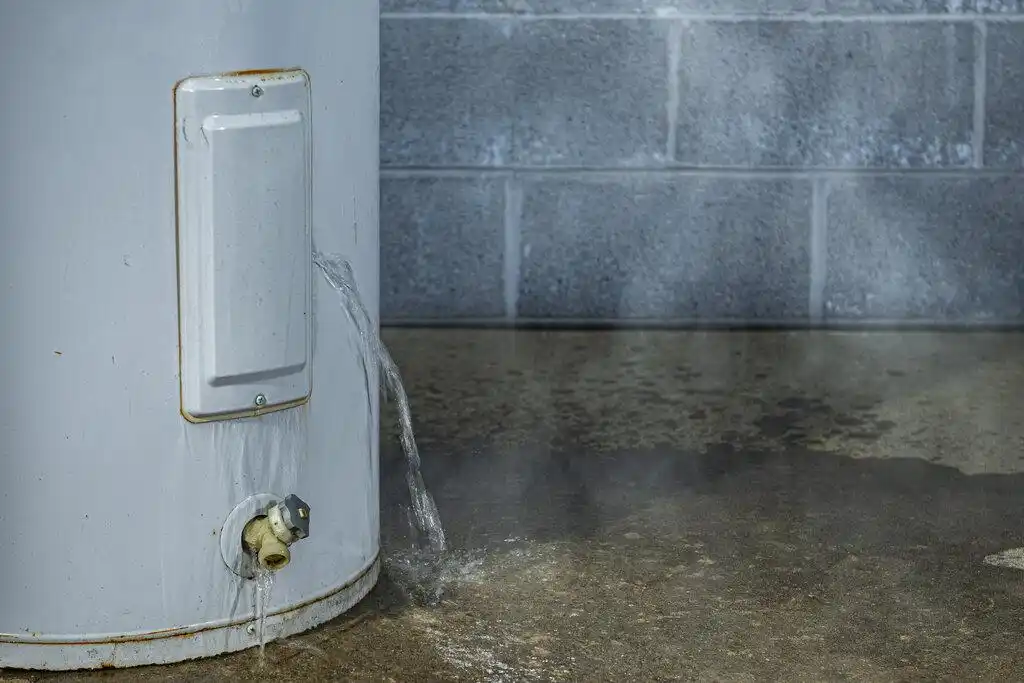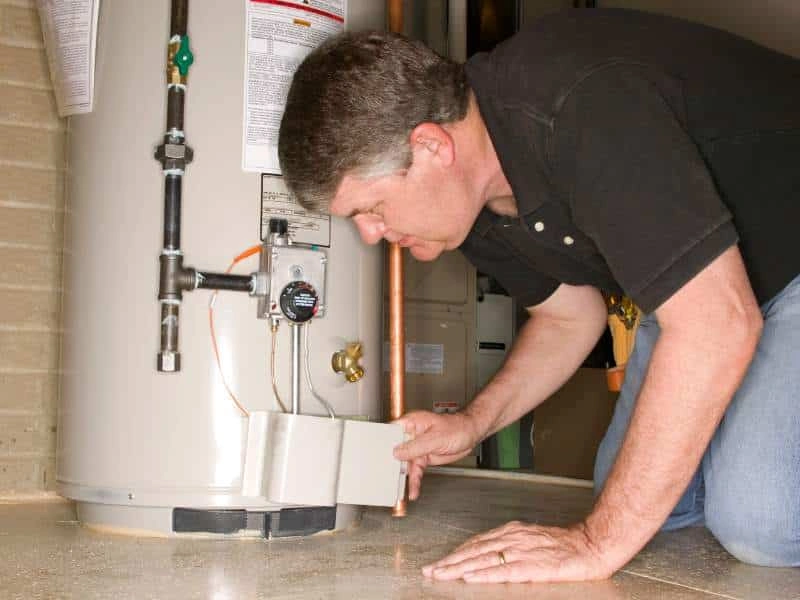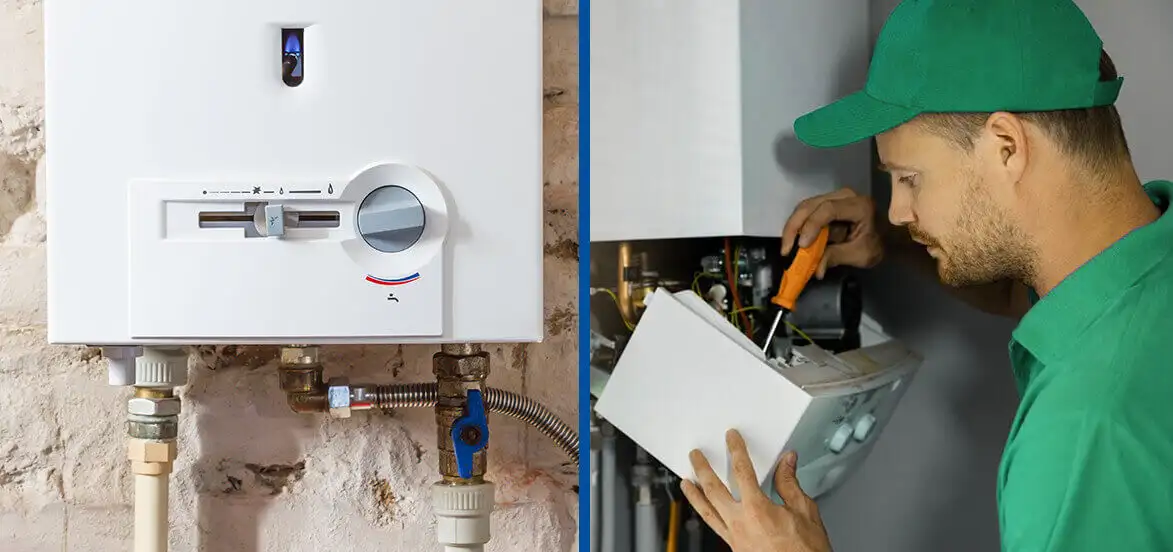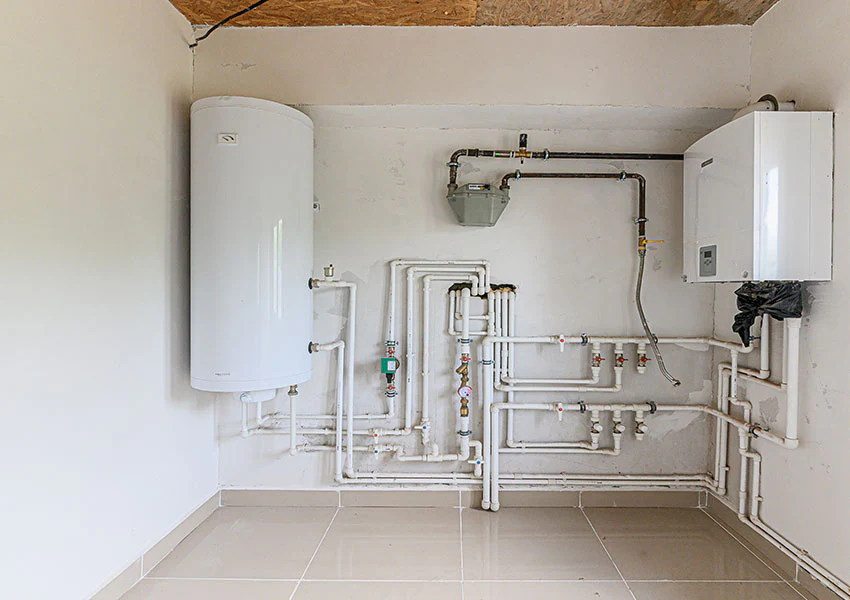Signs Your Water Heater Might Be Costing You More Than You Think
Your water heater works tirelessly behind the scenes to provide hot water for showers, cleaning, and cooking. But if it’s not functioning efficiently, it could quietly drain your wallet with higher energy bills. The problem? Many homeowners don’t notice the warning signs until it’s too late. Let’s explore the subtle clues that your water heater might be costing you more than it should—and what you can do about it.
Recommended reading: signs that your water heater needs maintenance
1. Lukewarm or Inconsistent Water Temperatures
Have you noticed that your hot water turns cold mid-shower or takes forever to heat up? This could indicate that your water heater is struggling to meet demand. This inefficiency can waste energy and frustrate you, whether due to a failing heating element or sediment buildup.
2. Your Energy Bills Are Climbing
Is your monthly utility bill creeping up without any significant changes in your water usage? An inefficient water heater has to work overtime to keep water hot, leading to a spike in energy consumption. If the increase feels unexplained, your water heater could be the hidden culprit.
3. Visible Signs of Wear and Tear
Take a closer look at your water heater tank. Do you see rust, corrosion, or signs of leakage? Rusty water coming out of your faucets is another telltale sign. These issues indicate internal damage that reduces efficiency and can lead to expensive breakdowns if ignored.
4. Strange Noises from the Tank
A water heater should operate quietly in the background. If you start hearing banging, popping, or rumbling noises, it’s time to pay attention. These sounds often signal sediment buildup, which forces the system to use more energy to heat the water and could eventually damage the tank.
5. Running Out of Hot Water Too Quickly
If your once-reliable water heater suddenly can’t keep up with your family’s hot water needs, it might be struggling due to age or internal issues. Sediment buildup can reduce the tank’s capacity, while an older unit might simply not be up to the task anymore.
6. Frequent Repairs or Breakdowns
Are you calling the plumber more often than you’d like? While some repairs are normal, constant issues are a sign that your water heater may be reaching the end of its life. Instead of patching up an inefficient unit, it might be time to consider an upgrade.
7. Age of the Water Heater
Like all appliances, water heaters have a lifespan. Most units last 8–12 years, but older models lack the energy-efficient features of today’s technology. If your heater is nearing or exceeding this age, replacing it could save you money in the long run.
What Should You Do Next?
- Upgrade to an Energy-Efficient Model
Modern water heaters, especially tankless ones, heat water on demand, saving energy and lowering your bills. Look for Energy Star-certified models to maximize savings. - Flush Your Water Heater Regularly
Sediment buildup is a common problem that reduces efficiency. Annual maintenance can extend your water heater’s life and improve its performance. - Consult a Professional
Unsure whether you need a repair or a replacement? A professional inspection can provide clarity and help you make the best decision for your home and budget.
FAQs
Q: How often should I replace my water heater?
A: Most water heaters last 8–12 years. If yours is older or showing signs of inefficiency, it’s time to consider an upgrade.
Q: Can I repair my water heater instead of replacing it?
A: Repairs can be a short-term solution, but if your unit requires frequent fixes, replacing it with a modern, efficient model is often more cost-effective.
Q: What’s the advantage of a tankless water heater?
A: Tankless models heat water on demand, eliminating the energy waste of keeping a tank hot. They also tend to last longer and take up less space.
Q: How can I reduce water heater energy costs without replacing it?
A: Regular maintenance, such as flushing the tank, insulating pipes, and lowering the thermostat to 120°F, can improve efficiency and lower costs.
Need Help with Your Water Heater?
Don’t let an inefficient water heater drain your energy or your wallet. At Calischice, we specialize in helping homeowners find the best solutions for their water heating needs. From repairs to energy-efficient upgrades, we’re here to help you save money and enjoy reliable hot water daily. Contact us today to learn more!


